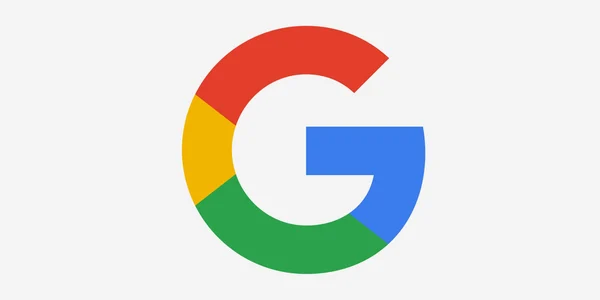
Two industry watchdogs have expressed apprehension regarding Google’s shift away from third-party cookies in Chrome towards a Privacy Sandbox initiative that relies on alternative ad-targeting methods. Both the IAB Tech Lab and the U.K.’s Competition and Markets Authority (CMA) have issued separate reports, raising concerns about the potential disadvantages for other players in the digital advertising ecosystem. They foresee fresh challenges emerging in areas such as ad fraud and brand safety.
The IAB Tech Lab, which has made its findings available for public comment, asserted that the industry is not adequately prepared for this change. It argued that the adjustments to Chrome do not yet provide a “viable business foundation.” On the regulatory front, the CMA emphasized that Google should not proceed with third-party cookie deprecation until concerns about anticompetitive issues related to Privacy Sandbox are addressed.
Despite Google delaying the demise of cookies multiple times since announcing its intention in 2020, industry watchdogs are now expressing concerns about the viability of transitioning to Privacy Sandbox in its current state. The initial phase of Google’s plan to deprecate cookies is now underway, with cookies gradually fading away for a small percentage of Chrome users since January. The broader deprecation is planned for the second half of 2024. Privacy Sandbox is centered around two alternative ad-targeting solutions: a Topics API based on user interests and a Protected Audience API, formerly known as FLEDGE.
The IAB Tech Lab, a nonprofit consortium focusing on developing best practices for digital advertising, outlined key issues with Privacy Sandbox. It highlighted potential disruptions to the programmatic ecosystem caused by the implementation of an ad exchange and ad server in Chrome, as well as the loss of crucial data points for ensuring brand safety. The IAB Tech Lab anticipates that ad-tech firms on the supply and demand side may face significant costs in adapting their systems to these changes, while brands, agencies, and publishers may encounter operational, financial, and legal challenges.
The analysis by the IAB Tech Lab involved consulting with 65 companies across various practices over six months and mainly focused on the implications of the Protected Audience APIs, with some discussion on other topics like the Topics API. Anthony Katsur, CEO of IAB Tech Lab, emphasized that embracing Google’s Privacy Sandbox represents a seismic shift in the advertising landscape, and their findings highlight that the industry is not yet ready, identifying multiple challenges to implementation. The CMA, acting as an antitrust regulator, shares concerns about Privacy Sandbox potentially giving Google an advantage and creating obstacles for smaller players in digital advertising. The reliance on first-party data, the Topics API taxonomy ownership, and potential industry-run governance were all raised as issues by the CMA. Google and the CMA are currently in a standstill period as they work on the specifics of moving forward with Privacy Sandbox, with the CMA planning to publish its next report update on the matter in April.
